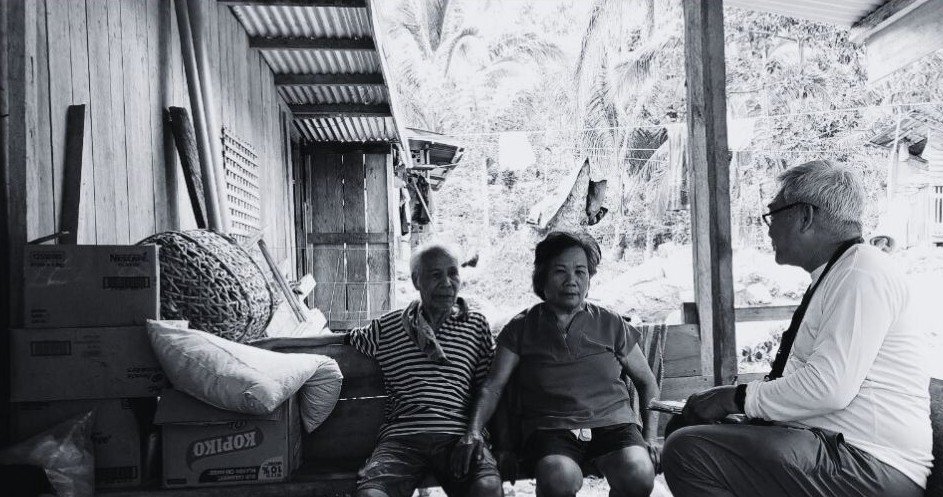
SDS-107
Conduct of the Assessment of the Implementation of Anti-Violence Against Women and their Children Act of 2004 (RA 9262
The Philippines has passed legislation to protect and promote women's human rights, particularly in response to a spike in the number of women victims of various forms of violence and abuse.Republic Act No. 9262 otherwise known as the Anti- VAWC Law tries to address the prevalence of violence against women and their children (VAWC) caused by persons to whom they have or had an intimate or dating relationship with (i.e.their spouse or ex-husband, live-in partner, or dating partner), which is likely to result in but not limited to physical, sexual, psychological,suffering, and even economic abuse. From the wordings of RA No, 9262, any person can commit acts prohibited under the law. This has been strengthened by case law where the Supreme Court ruled that even women can be made liable under the said law, either as co-conspirators of the man who is the main abuser or as the main abuser themselves, as in relationships between a heterosexual woman and a lesbian woman.
RA 9262 established the Inter-Agency Council on Violence Against Women and their Children (IACVAWC) as the primary coordinating and monitoring body for VAWC programs. The IACVAWC has worked on three successive strategic plans to coordinate the action of member agencies in implementing the law during the previous seventeen (17) years. We are currently in the third strategic plan, which is focused on three key outcomes: primary prevention, response systems, and cross-cutting structures and actions. The first strategic plan, issued in 2012, examined how key components of the law were being implemented by various government service providers. Focus group discussions and key informant interviews were used to collect data. The implementation's strengths and shortcomings were explored and evaluated throughout this assessment while developing the third strategic plan.
The Philippine Commission on Women (PWC), one of the IACVAWC members, commissioned the Sustainable Development Solutions Corp. (SDS), a Philippine development consulting firm, to conduct the study on the Assessment of the Implementation of RA 9262. The assessment examined how much the law has addressed violence against women. The study focused on the third strategic plan (Strategic Plan2017-2022), including contributions from local government units that will delve into how efficiently and effectively the commission handles the updated reports from agencies on the law's performance. This comprehensive study will examine the actions of duty bearers at the national, subnational, and local levels to identify accomplishments and obstacles in implementing future legislation enhancement proposals. According to UN Women Asia Pacific, the Philippines was one of the most severely affected countries in the Southeast Asian region by the COVID-19 pandemic and imposed different lock down restrictions, trapping women and girls in violent relationships.
The assessment entailed the use of quantitative and qualitative data collection methods and an extensive review of available secondary data, particularly the Strategic Plan for 2017 to 2022,results of previous studies, and other available literature. Qualitative methods employed were through key informant interviews among victim-survivors and offenders, and focus group discussions with various groups of duty-bearers were conducted.
The Sustainable Development Solutions Corporation (SDS), as the commissioned consulting firm, reviewed and modified the research design of the assessment; pre-tested the draft assessment tools;hired and trained researchers; gathered data using the approved study tools in the agreed sites/ areas; analyzed the results from the primary and secondary data collected; and submitted and presented an assessment report containing policy recommendations.
This Assessment of the Implementation of RA 9262 was to be undertaken from September 8 to January 6, 2024., However, due to challenges and difficulties encountered during fieldwork, the data collection was extended until February of 2024. Analysis and reporting were completed March of 2024.
The data collected from this evaluation is to inform the policymakers and implementers about how the law is serving the interest of women victims and supportive of other related laws; what and how the strategies were implemented, maintained and made responsive and effective at the different levels of authority (national, regional, division), especially in the themes of Primary Prevention; Response System; and Cross Cutting Structures and actions.